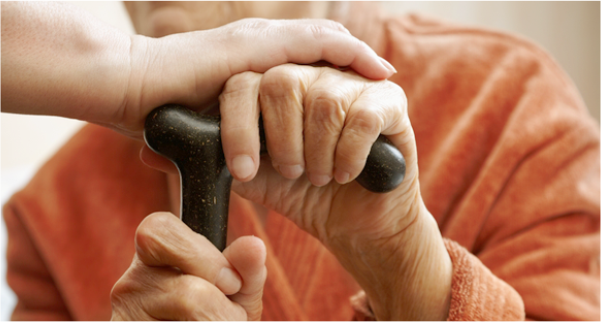
How can you help?
June 10, 2015 by ClewettElder abuse is defined as “a single, or repeated act, or lack of appropriate action, occurring within any relationship where there is an expectation of trust which causes harm or distress to an older person” (World Health Organization). Elder abuse can take various forms such as physical, psychological or emotional, sexual or financial abuse. It can also be the result of intentional or unintentional neglect.
It is believed up to 5% of the over 65 age group become victims of abuse (NSW Task Force on Abuse of Older People, March 1992). A further 8 per cent of adults know an older person who has been abused (McCallum et al 1990).
Living arrangements play a big role in regard to maltreatment of elderly people. About 95 per cent of older Australians live in private homes, either alone or with a spouse, sharing with siblings or other relatives, sharing with friends of their own generation or living with single or married offspring who themselves may have children or grandchildren (McCallum, Matiasz and Graycar 1990). The remaining 5 per cent live in specialised aged-care accommodation. This is contrary to the widespread belief that a high proportion of older people live in ‘homes’.
Responding to abuse of the elderly requires a very flexible and community based approach to accommodate the different types of abuse, various cultural groupings and the number of remote communities in Queensland.
June 15 marked the annual World Elder Abuse Awareness Day, which seeks to prevent elder abuse incidents by giving targeted information and encouraging community participation on a broad scale. The day is about all of us working together to bring greater recognition of the mistreatment of older people wherever they live, and to highlight the need for appropriate action.
So how can we all play a part in preventing abuse and neglect of the elderly? If each of us behaves just a little bit differently, it is possible together, as a community, we could reduce the incidence of elder abuse. Here are a couple of suggestions that we could all taken on in our daily lives:
- Befriend an elder to decrease social isolation and vulnerability
- Check in with an elderly neighbour you haven’t seen in a while
- Take the extra minute to listen to an elder in a way that conveys compassion and willingness to hear their story
- Be on the lookout for an older friend or acquaintance who seems to be in a troubling situation but is reluctant to answer questions about it. If he or she appears hungry, unclean, frightened of his or her caregiver, is frequently bruised, ill, neglected, or often confused, this may indicate abuse.
More information
The people impacted by elder abuse are real people with real lives. They are our mothers and fathers, our aunts and uncles, our colleagues and neighbours. If you suspect someone you know is experiencing elder abuse, you have a responsibility to help.
If you are concerned about an elder’s welfare for any reason, or know people who are, please contact the Elder Abuse helpline (ph: 1300 651 192), which provides free assistance to anyone experiencing elder abuse, or who is concerned about someone they know. The helpline is operated by UnitingCare Community and funded by the Queensland Government.
To discuss a potential Elder Law matter, contact Catherine Cheek, who is experienced in Elder Law, for a free initial consultation.
Catherine Cheek (Special Counsel)
Phone: 07 4639 0358
Email: ccheek@cp484.ezyreg.com
